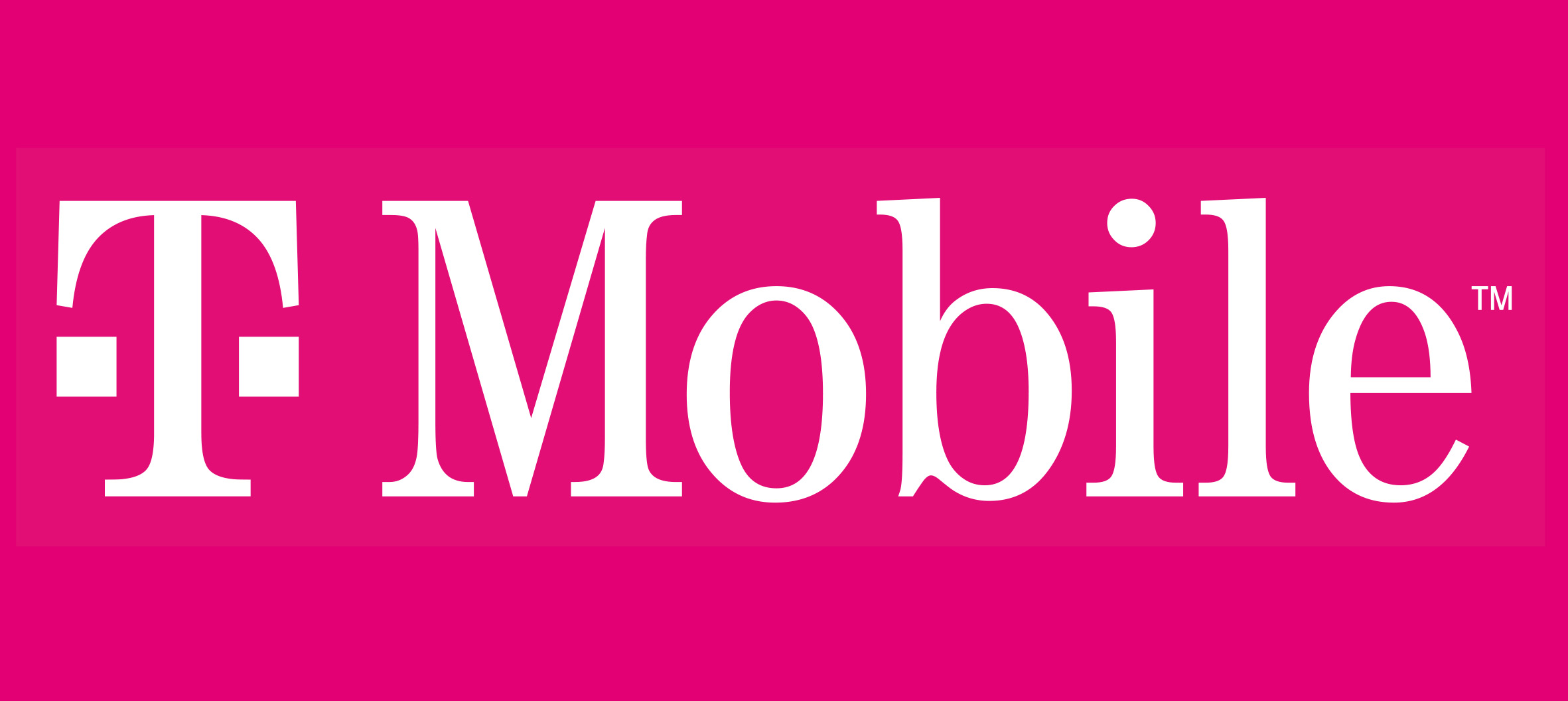Rising to the Coronavirus Challenge — How the New T-Mobile is Working Hard to Help Bridge the Gap Between Students and Teachers
By Mike Katz
With more than 55 million kids home from school in a historic move to contain COVID-19, schools are scrambling to find ways to keep students learning through online resources and the new digital classroom. I’ve seen some incredibly creative — and heartwarming — ways students have come together recently, like these talented kids performing a concert remotely. And likewise, clever ideas from administrators like this Dean streaming the morning announcements, to keep a semblance of routine during this ‘new normal.’
But, without access to a computer and an internet connection, millions of kids will miss out … on opportunities to learn, and even just the basic ability to stay in touch with classmates and friends. An estimated 18 million school aged kids don’t have home internet. In normal times, that has a huge impact on their ability to learn. In times when the classroom moves entirely online, it’s debilitating for their learning and future prospects. And that is not ok.
I’m heartened by the incredible work being done around the country in real-time, as schools, administrators, teachers and businesses come together to form solutions quickly for these kids. At the new T-Mobile, I’m incredibly proud of the work the teams — both legacy Sprint and legacy T-Mobile — have done, working around the clock with districts across the country. We’ve temporarily increased data allowances for schools and students in our T-Mobile EmpowerED program and the 1Million Project Foundation to ensure each participant has the connectivity they need. And, we’ve been working in partnership with other companies and providing more flexible service options to get connectivity solutions in place for students. Sprint is also providing additional funding and resources to the 1Million Project Foundation as demand for its free connectivity solutions increases.
In the last month, the teams have helped over 500,000 students across more than 820 schools and school districts nationwide get connectivity solutions in place.
Connecting Students Across the Country
T-Mobile and Sprint have already worked with some of the largest school districts in the country to quickly get internet access to students in need, including in Atlanta, New Orleans, New York City, Sacramento (Elk Grove), St. Louis and more. When DC Public Schools closed, they quickly implemented a plan to distribute technology devices for students to access schoolwork from home. The T-Mobile for Education team helped by providing 5,000 hotspots to students who lacked adequate internet access at home.
"Technology is a critical need for our students to continue their education while learning at home, and DCPS is proud to work with partners who can help us ensure that families have the resources they need in this unprecedented moment,” said DC Public Schools Chancellor Lewis D. Ferebee.
And in the hard-hit Seattle area, the Northshore school district was one of the first in the nation to attempt to solve the issue of the digital divide in the current climate. There, school administrators sprang into action, and with T-Mobile for Education, provided 850 hotspots to those students without connectivity when schools closed down, setting a standard of care for the entire nation.
“Prior to the COVID-19 outbreak and school closures, our district took steps to mitigate the inequity with regards to technology access to every student, including computing devices and hotspots at home,” said Northshore Superintendent Michelle Reid, Ed.D. “We are so grateful to T-Mobile and for the support of our voters who approved our Technology Levy so when the COVID-19 outbreak forced the closure of our schools, our families were ready with connectivity. However, we, as educators continue to have technology and internet inequity across our region and nation, making it crucial that we continue this conversation to ensure the zip code of our students doesn’t determine their access to digital learning.”
Rural area schools are at an even bigger disadvantage, with a disproportionate number of students without internet access. This includes Frederick County Public School District in Maryland, where many families do not have adequate internet access at home. T-Mobile for Education was able to help quickly provision more than 1,000 hotspots for kids who didn’t have internet at home.
And in San Francisco, one of the first areas in the country to receive a stay-in-place order, the Mayor turned to organizations like the 1Million Project Foundation to fuel an innovative new approach to keeping students connected. Beginning the week of April 13, Wi-Fi SuperSpots will be placed at public housing sites, community centers and other high-density areas throughout the city to ensure San Francisco students stay connected.
From 1 Million to 10 Million
I’m honored to work alongside the passionate and dedicated teams on T-Mobile for Education, EmpowerED, Sprint and the 1Million Project Foundation as we continue to amp efforts to connect masses of schools, educators and students across the country. The 1Million Project has already connected 350,000 high school students nationwide with free home internet connectivity, and it expanded to include elementary and middle school students at this critical time. And, as the new T-Mobile, we have the scale to build off the success of the 1Million Project Foundation by rolling out even larger initiatives like Project 10Million, designed to help eradicate the homework gap for millions of kids, coming later this year. Until then, we’ll do our part to connect as many students as we can during these unprecedented times.
Hard-working and dedicated education professionals all across the country are giving it their all to meet this urgent need. And the new T-Mobile team is giving it our all to be there for them.
Stay safe. Stay healthy. And stay connected.
For more information on how T-Mobile for Education can connect your school, head here.
T-Mobile U.S. Inc. (NASDAQ: TMUS) is America’s supercharged Un-carrier, delivering an advanced 4G LTE and transformative nationwide 5G network that will offer reliable connectivity for all. T-Mobile’s customers benefit from its unmatched combination of value and quality, unwavering obsession with offering them the best possible service experience and undisputable drive for disruption that creates competition and innovation in wireless and beyond. Based in Bellevue, Wash., T-Mobile provides services through its subsidiaries and operates its flagship brands, T-Mobile, Metro by T-Mobile and Sprint. For more information please visit: http://www.t-mobile.com.



